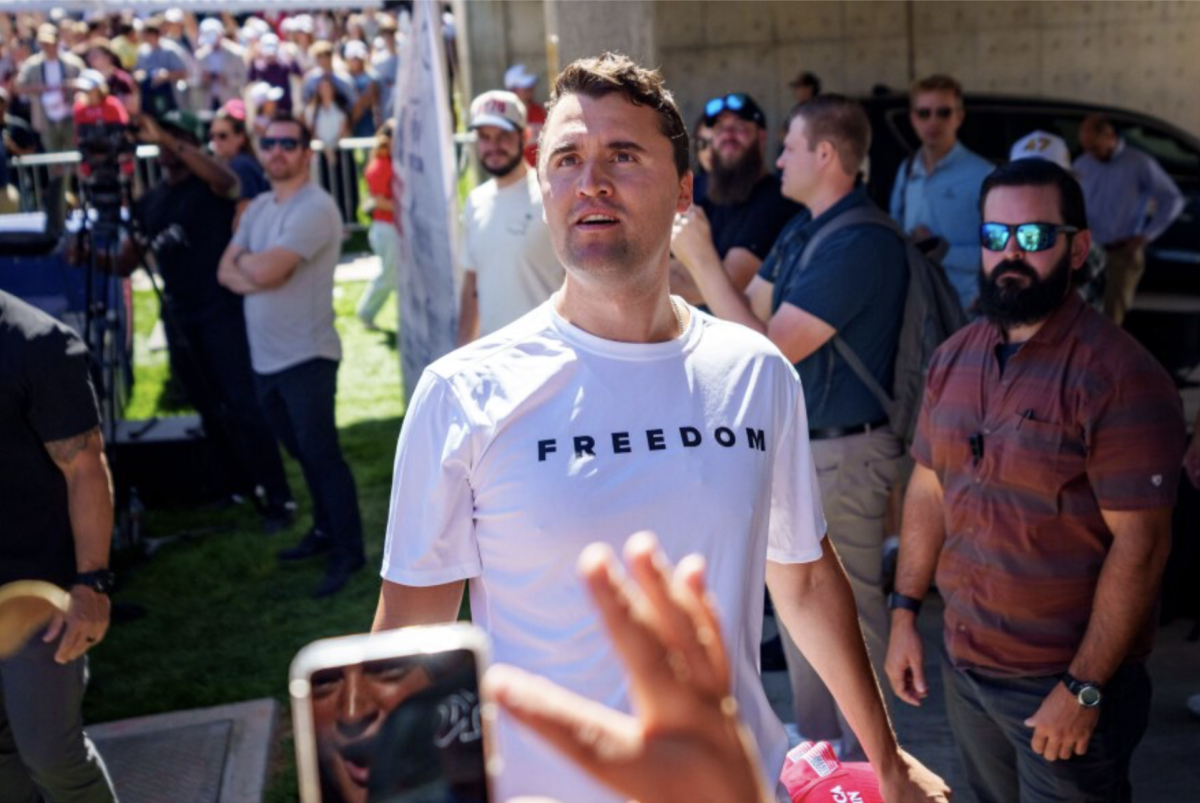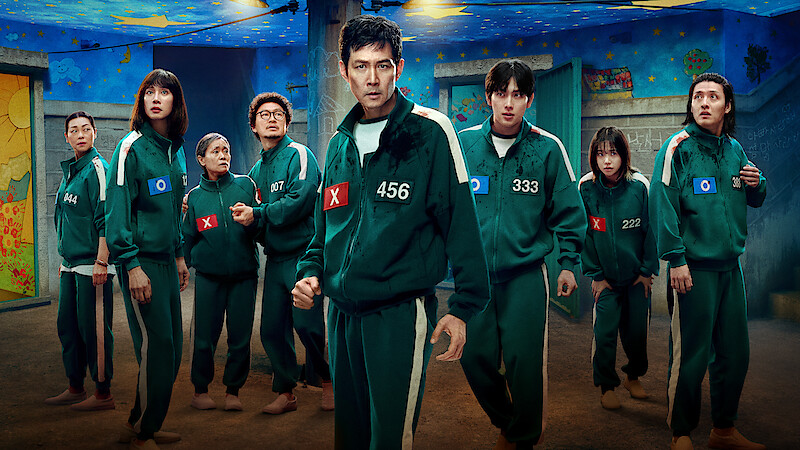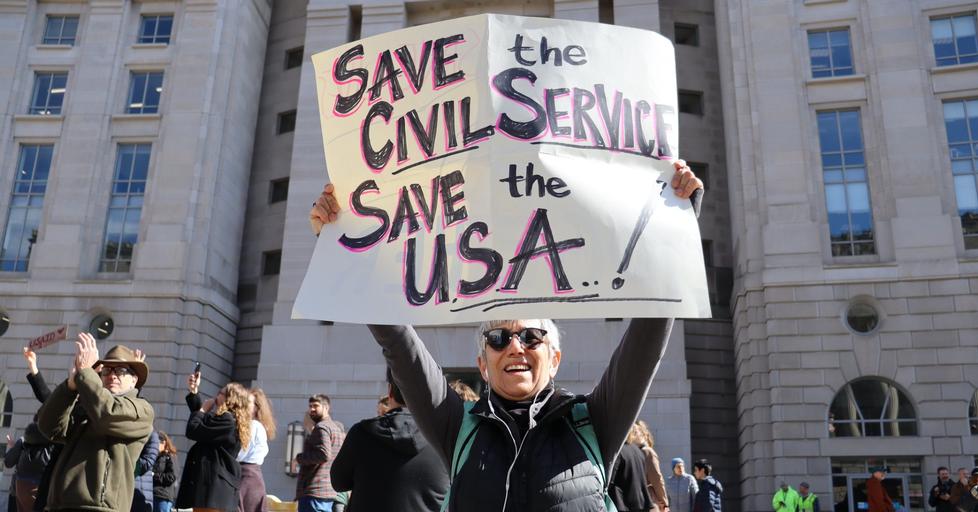Disney, a 99-year-old company, is famous for its grou
ndbreaking animations in the early 1900’s and onwards: Snow White and the Seven Dwarfs (1937), Cinderella (1950), The Little Mermaid (1989), and more. But they haven’t seemed to advance from these historical films. From the 2000’s onward, Disney has released a flood of poorly-executed remakes of their previous movies, some of which aren’t even that old.
Despite the social media shame Disney received from their remakes of Mulan (2020), Peter Pan & Wendy (2023), and others, they are not backing down. They still plan to remake Snow White and the Seven Dwarfs, despite facing heavy backlash, and have even announced a remake of the 2016 Moana movie — a movie that came out only seven years ago.
Disney’s live-action remakes of popular cartoons offer nothing other than hollowed out carcasses of their original forms.
They must stop remaking their movies out of respect to the historical significance of these films, and instead focus on creating new groundbreaking movies that relate to modern
society.
Disney’s most recent failure, Peter Pan & Wendy (2023), has managed to reach an all-time low with their audience engagement rate on Rotten Tomatoes — a disappointing 11%. While the original Peter Pan (1953) film, an old Disney movie, has a 7.4/10 rating on IMDb and an 80% audience engagement rate, this new film has a 4.4/10 rating, which is nearly half of the original rating. The statistics don’t lie: these new films are doing very poorly. While Disney may have benefited from these remakes at the beginning of the trend, their current success is starting to plummet.
Disney remakes offer nothing refreshing or new for the viewer. It’s like reading the same story in a different font, but messier than the original. Disney fan Sydney Mafong (‘26) explained that while she wanted to relive her childhood memories by watching the remakes, they didn’t feel the same as the old Disney movies. “I feel like the remakes don’t offer the same ‘Disney magic’ that their original movies did,” she said.
But why is Disney re-filming its movies in the first place? In her 2020 Business Insider article, journalist Kirsten Acuna wrote, “the majority of [the remakes] are lucrative cash cows.” The remake trend didn’t fire up until after the famous actor Johnny Depp starred in a 2010 remake of Alice in Wonderland (1951) as the Mad Hatter, and helped the film make one billion dollars worldwide — a huge success. And from there, the number of remakes only grew. Disney has made 17 live-action remakes of Disney cartoons since 2010, according to Rotten Tomatoes, and plan to make 14 more by 2025, according to Business Insider. That’s 31 remakes in only 15 years.
Remaking their movies gave Disney an easy sho
rtcut to making the most profit in the box office. “Disney was able to deliver something nostalgic for fans of the originals while offering something new for young children,” Acuna wrote. With an existing fanbase to target, Disney’s chances of success were higher and less risky for the production of a remake than creating a new movie.
In the end, Disney is all about money making, not quality. And the remakes got old over time.
Refilming the same plot offers nothing progressive or groundbreaking in the film industry. Movies like Beauty and the Beast (2017), in which the plot did not change at all, were not innovative or surprising. In fact, it even lacked the charm of old Disney that cannot be replicated in a time after these movies’ release. Recreating movies of the exact same plot is like beating a dead horse over and over again, hoping for it to rise.
Remakes are a total waste of money, given that Disney spends on average $180 million dollars per remake according to Forbes. The Numbers, a financial data website for films, reported that the 2020 Mulan remake cost the company $200 million dollars when their international box office only made Disney arou
nd $70 million dollars.
However, the plot redos don’t justify the horrendous plot changes in other remakes. In the Mulan remake, the plot changed entirely — and not in a good way. Fan favorite characters such as the dragon Mushu, Grandmother Fa, and the lucky cricket Cri-Kee were cut from the film, even though they had important roles in the story. Shan Yu was replaced by the character Bori Khan, and an original character, Xianniang the dark witch, was added.
“Honestly, they shouldn’t have even called it Mulan,” Sydney said. “When I was little, I had stuffed animals for all the characters. Mushu, Cri-Kee, Mulan, Little Brother, and Li Shang. The only one of these characters that appeared in the remake was Mulan.”
Many essential details, such as key nostalgic scenes with the matchmaker and grandma, and many of Disney’s most popular songs, like “Reflection” and “I’ll Make A Man Out of You” were all excluded from this film. Sofia Hayden (‘25), another Disney fan, was shocked that there was no singing at all in the movie. “It felt more like Disney used the essence of the Mulan story to create a completely new plot,” she explained. “I fo
und that disappointing. They took out a lot of what made Mulan a good movie.”
“If Disney renamed the main character and announced it as a new movie rather than a remake, I probably would have believed them,” Sydney insisted. It isn’t Mulan anymore.
Many old Disney movies also hold a lot of historical significance. However, now, when browsing on any search engine, the first results that pop up are the new remakes. No matter how many remakes Disney makes, no replica will ever match up to its original greatness.
While Mulan carries significance in the start of diversity and cultural expansion in Disney, other films hold an even greater historical importance. Even the movie that started Disney’s fame and popularity in the first place, Snow White and the Seven Dwarfs, is being challenged by a remake.
According to J.B. Kaufman, a respected film historian and author, wrote in the Library of Congress that Snow White and the Seven Dwarfs was “a motion picture whose historical importance is inextricably linked with the magnitude of its artistic accomplishment.” This movie was not only the turning point for the Disney studio, but a major accomplishment in the history of filmmaking. Never before had such animation techniques been incorporated into an engaging plot so that animated films may compete with live-action films at the time —
it was unheard of.
According to actress Rachel Zegler, who was originally set to play Snow White in the live action film, this new film would be completely different. Zegler claimed a new “modern edge” added to the film in an interview with Variety. She laughed, and said, “It’s not 1937. She’s not gonna be saved by the prince and she’s not gonna be dreaming about true love. She’s dreaming about becoming the leader she knows she can be.”
Snow White and the Seven Dwarfs is Disney’s most treasured film that boosted the company into the industry. To remake and replace it with a film that will never reach the same historical innovation takes away from its impressive reputation by not letting the story shine on its own. The story isn’t even accurate to the original. This “modern edge” — the removal of true love and princes — has taken away exactly what this movie was about in the first place.
While the original movie does portray misogynistic views o
f damsels in distress and powerful male heroes, these false beliefs are still a big part of the history of filmmaking. A coverup of the historical racist portrayals in older movies disregards how important it is to learn about the industry’s dark history.
Since her interview with Variety, Zegler and the Snow White remake have been facing backlash that has forced them to push the remake’s release date back a year, to 2025. “People’s reaction to the Snow White remake shows this sentiment very well — people are tired of Disney changing the classics,” Sofia said. “People would also be more excited if a new animated Disney movie were coming out instead of just another remake.” Snow White and the Seven Dwarfs can stand perfectly fine on its own as a landmark of film history.
Film history, however, has not always been ethical.
Many older films portray racist ideals and sexist views. Modern-day topics of diversity have pressured Disney to wipe all traces of their earlier discrimination. The company has even created a diversity statement on their website. This pressure from societal standards has likely prompted Disney to recreate many of its stories, but with a diverse cast to replace its original animated characters.
There is no need to bridge the mistakes of the past with the creations of the present. The future is endless — with the production of new movies, Disney has many opportunities to incorporate more diverse casts.
Sydney explained, “I think that if they want to show women as strong characters to fit with the changing times, they should make original movies promoting this idea.”
“I think what Disney is trying to do is good, but how they are doing it is damaging,” Sofia agreed. “Instead of remaking these classics to fit today’s standards, it would be so much more productive to create new content.”
Disney is so fixated on rectifying their past tha
t they don’t seem to realize that their future matters, too. In order to respect the originality and greatness of the early films but acknowledge the false ideals projected in them, Disney should move forward and create new stories with diversity instead of altering classic movies.
Diversity means incorporating myths and stories from other cultures and countries and turning them into movies that have something new and refreshing to offer to the audience. Ethnicities of characters can be important to a story. “For other stories, like the upcoming Lilo and Stitch movie, being Hawaiian is extremely important to [the characters’] story,” Sydney said. The ethnicities of characters are also extremely important for the upcoming Moana remake, in which actress Zendaya Maree Stoermer Coleman is set to play the role of Moana, even though she is not a Pacific Islander like her character.
With such a huge name, it is still possible for Disney to create new groundbreaking movies, perhaps reaching to other cultures and concepts not yet explored. Remakes not only disregard the historical significance and accomplishments of older movies, but they only offer a hollowed out shell of what these great stories used to be. The audience has already expressed their distaste for these remakes and Disney should listen. We need Disne
y to progress into the future, not to loop back to the past. Disney needs to move on.









